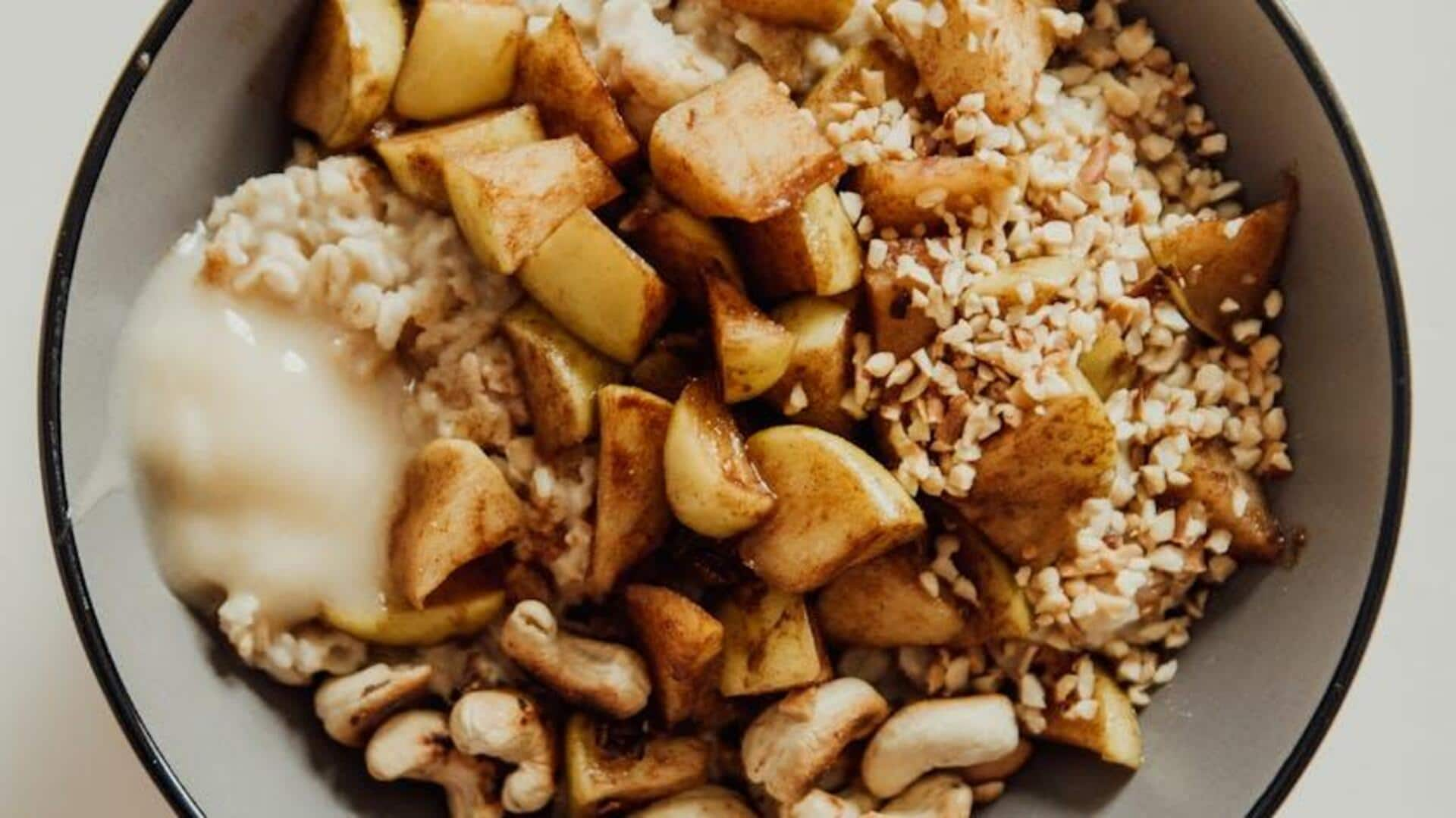
Porridge: Origin, history, and variations
What's the story
Porridge, a staple dish in several cultures, has a fascinating history that goes back thousands of years. From an ancient dish to a global staple, this simple yet nourishing meal has come a long way. From humble beginnings as a simple mix of grain and water, porridge has become a culinary delight with several variations. Its evolution through time reflects changes in agriculture, trade, and cultural preferences.
Early days
Ancient beginnings of porridge
The earliest versions of porridge were probably prepared by crushing grains such as barley or oats and boiling them with water. Archaeological evidence indicates that ancient civilizations ate similar dishes as far back as 12,000 years ago. These primitive porridges were vital for survival, owing to their simplicity and nutritional content.
Global variations
Porridge in different cultures
Porridge by any other name is still porridge. It's prepared in different ways across the globe. In Scotland, oatmeal porridge is a traditional breakfast while in parts of Africa, maize-based ones are common. Each culture adds its own unique ingredients such as fruits or spices to make it tastier and nutritious.
Health boost
Nutritional benefits of porridge
Porridge is widely celebrated for being healthy. It's rich in fiber, which is good for digestion and keeps blood sugar levels steady. It also contains other essential vitamins and minerals like iron and magnesium. The versatility also lets you make it your own by topping it with nuts or berries for an extra dose of nutrients.
Contemporary twists
Modern-day innovations in porridge
In today's day and age, porridge has taken on a new avatar, with modern-day superfoods like chia seeds and quinoa making their way into the mix. The hottest trend is overnight oats, a no-cook version soaked overnight, which makes for an easy breakfast option. These modern-day versions cater to different dietary needs while retaining the traditional charm of porridge. This evolution only highlights porridge's versatility and its ability to adapt to modern dietary habits.